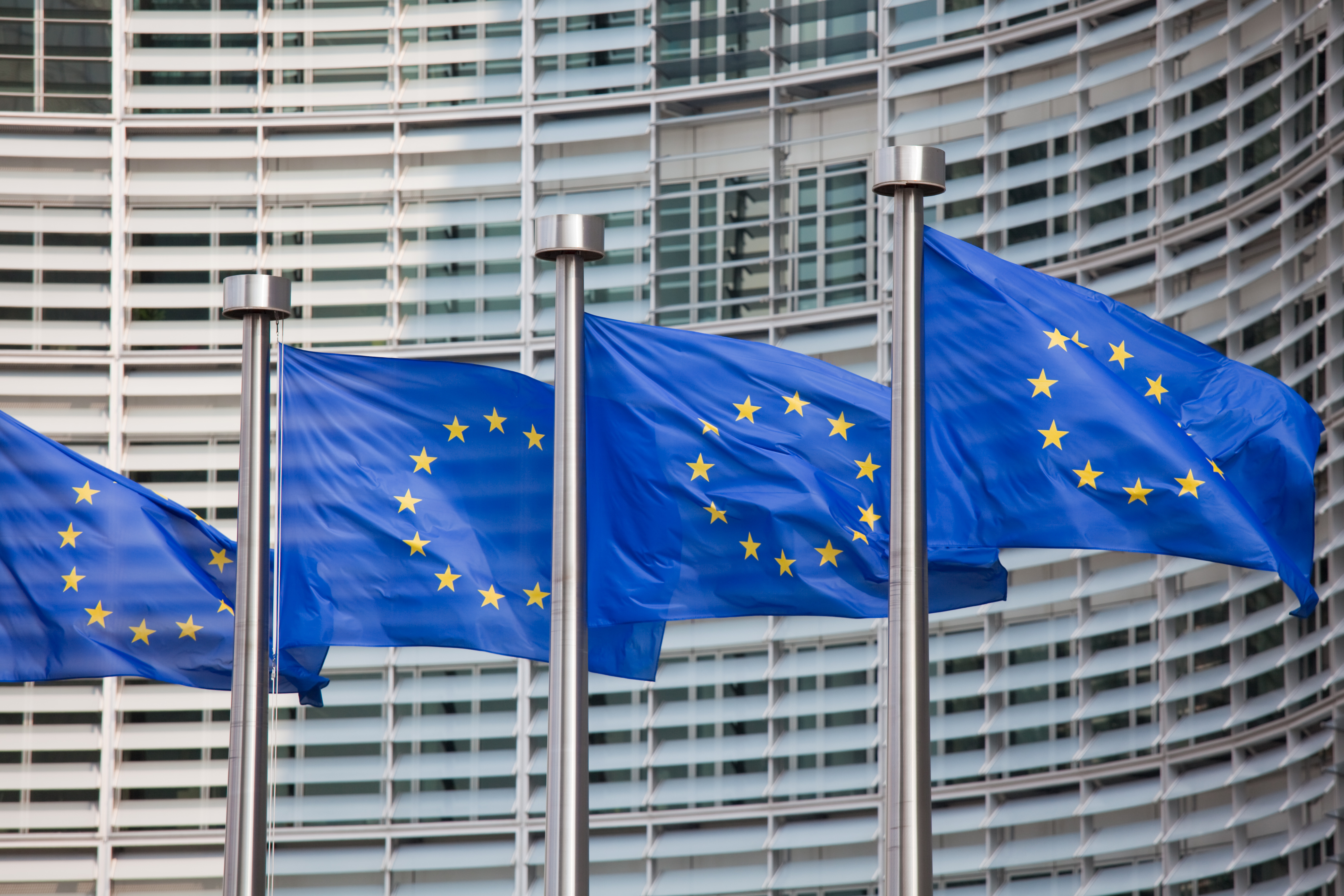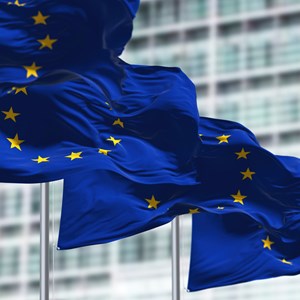CEN and CENELEC responded to the Call for Evidence on the Revision of Regulation 1025/2012, outlining a clear vision to strengthen the European Standardization System (ESS) and ensure its continued relevance and resilience.
Our response puts forward six strategic priorities:
- Achieving Timely Standard Development and Citation: CEN and CENELEC are working to accelerate standardization while maintaining our core values of openness, transparency, consensus and inclusiveness. This includes investing in digitalization via Machine-Readable Standards (SMART) and Online Standards Development (OSD). However, these efforts improving timeliness on our side must also be matched by steps to improve the speed of citation from the European Commission.
- Leveraging the Full Range of Standardization Deliverables: CEN and CENELEC offer a diverse set of deliverables that combine flexibility in consensus and time required for delivery. We call on the Commission to clarify which of these deliverables best support legal compliance. We are also developing a streamlined deliverable that will combine agile development by experts representing European interests with a lightweight ratification process.
- Strengthening Europe’s Influence in International Standardization: The European industry strongly benefits from international alignment in standardization, which allows for global market access and reduced costs. By participating in ISO and IEC, the National Members of CEN and CENELEC ensure that European expertise help shape international standards. Only through active participation can Europe place itself as a global leader in strategic topics. In this context, the Vienna and Frankfurt agreements are crucial instruments for Europe and should be strengthened in the upcoming revision.
- Safeguarding the European Single Market through a Clear Legal Framework: The New Legislative Framework (NLF) has been key to the success of the Single Market. It clearly separates the role of legislators from that of standards: the former set out essential requirements, while the latter, through the work of experts via European Standardization Organizations, provide the technical specification on how to respond to these requirements. This division of responsibilities ensures harmonized standards (hENs) effectively reflect innovation and market needs. The use of common specifications undermines this advantage and should only be used as a fallback option.
- Balancing Free Access with the Sustainability of the System: Ensuring free availability of harmonized European standards is an important step forward in transparency. However, this transition must be carefully managed to preserve the integrity and sustainability of the ESS. Copyright of harmonized standards lies with the ESOs, and upholding existing IP rights is essential to protect the financial sustainability of the standardization system.
- Ensuring Inclusiveness and Trust in a Fast-Moving Environment: As Europe looks to accelerate standardization, it must not undermine the meaningful consensus-building at its heart. Faster processes must not come at the expense of quality, inclusiveness, trust, or the national delegation model. Europe’s strength (and its ability to support confidence and competitiveness) lies in the integrity and credibility of its standardization system.
CEN and CENELEC remain fully committed to working with the European Commission and all stakeholders to shape an ESS that is future-ready, inclusive, and globally competitive. We look forward to engaging further in the upcoming public consultation and throughout the Revision process.
You can find the CEN and CENELEC response submitted on the website of the European Commission here. The full CEN and CENELEC response is available here.




